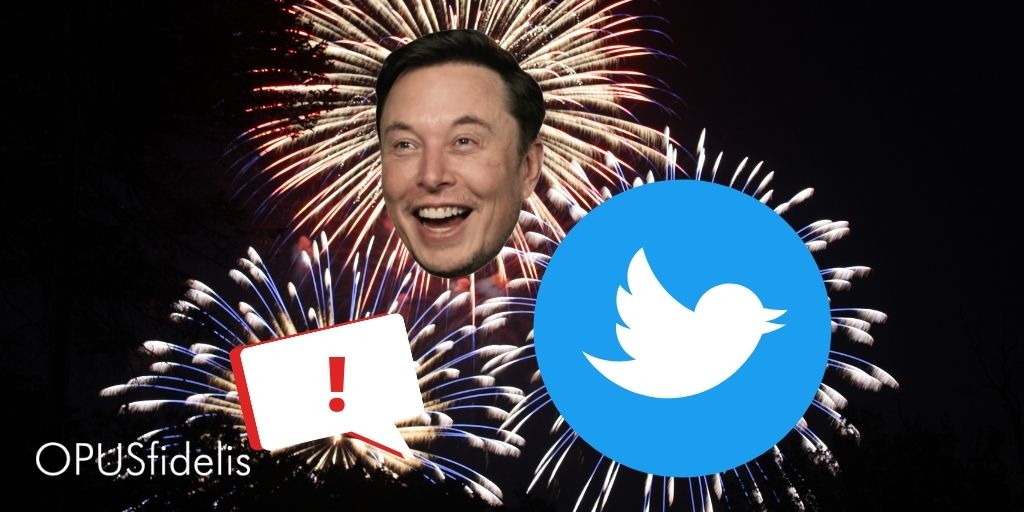On Monday, Elon Musk secured a deal to take Twitter private in a $44 billion buyout. News of the deal comes on the tails of the board’s adoption of a “poison pill” strategy earlier this month in response to Musk’s initial offer. The “poison pill” would have permitted shareholders to purchase additional shares at a discounted rate should any entity acquire 15% or more of the company’s outstanding common stock without the board’s approval – thereby diluting the stake of the entity considering a takeover.
Twitter related in a statement:
“Under the terms of the agreement, Twitter stockholders will receive $54.20 in cash for each share of Twitter common stock that they own upon closing of the proposed transaction. The purchase price represents a 38% premium to Twitter’s closing stock price on April 1, 2022, which was the last trading day before Mr. Musk disclosed his approximately 9% stake in Twitter.”
On Monday, Twitter shares closed at $51.70 after rising 5.7%, according to Reuters.
What will change at Twitter?
In the past, Musk has been quite vocal in criticizing the company’s suppression of free speech – something that will likely change under his direction.
In his statement on the deal, Musk mentioned, among other things, his intention to lead the company with a more robust free speech policy, make its algorithms open-source and authenticate users:
“Free speech is the bedrock of a functioning democracy, and Twitter is the digital town square where matters vital to the future of humanity are debated. I also want to make Twitter better than ever by enhancing the product with new features, making the algorithms open source to increase trust, defeating the spam bots, and authenticating all humans. Twitter has tremendous potential – I look forward to working with the company and the community of users to unlock it.”
Pending regulatory and shareholder approval, the company will be fully private and fully in the hands of Elon – which, according to Jack Dorsey, Twitter’s cofounder, is exactly where it should be.


